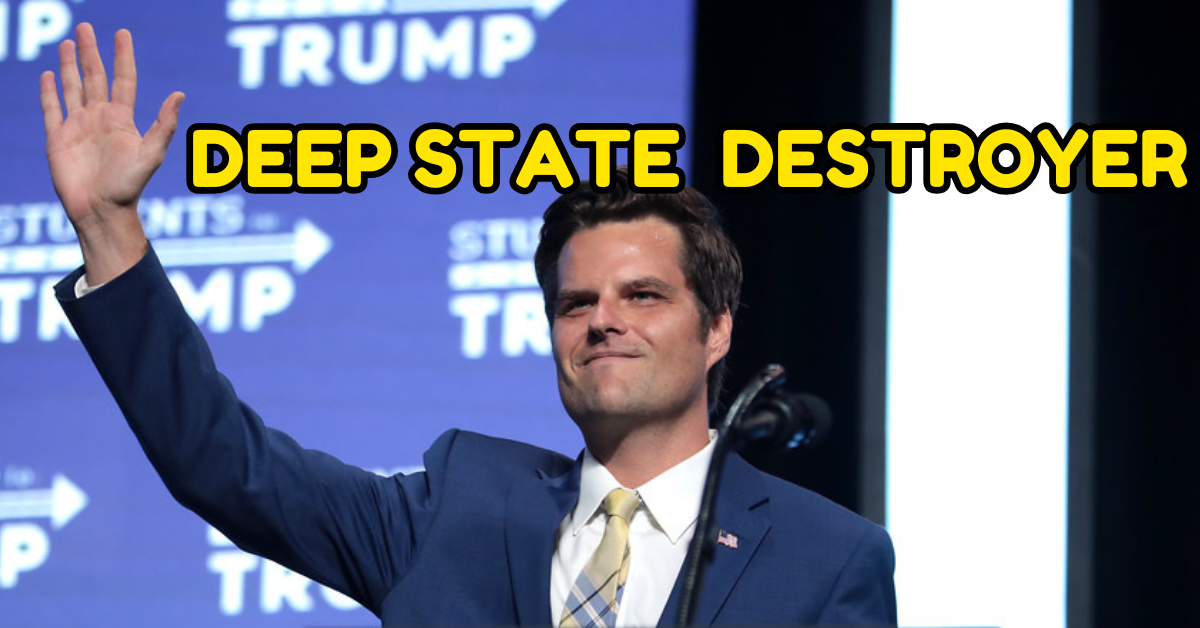In the realm of international politics and military strategy, few conflicts have captured global attention like the ongoing war in Ukraine. As the situation continues to evolve, questions arise regarding the role of the United States and its leadership under President Joe Biden. In a recent video featuring Colonel Douglas Macgregor, a prominent military strategist and commentator, the discussion centers around whether President Biden has the capability or intention to extend the war in Ukraine.
Understanding the Context
To fully grasp the implications of Colonel Macgregor’s insights, it is essential to understand the background of the conflict. Since Russia’s annexation of Crimea in 2014 and the subsequent escalation of hostilities in Eastern Ukraine, the region has been a focal point of geopolitical tension. The United States has played a significant role in supporting Ukraine through military aid, economic sanctions against Russia, and diplomatic efforts aimed at de-escalation.
As the war has persisted, the Biden administration has faced mounting pressure from various factions within the U.S. and abroad. Some advocate for continued support for Ukraine, arguing that it is essential to counter Russian aggression and uphold international norms. Others express concern over the sustainability of U.S. involvement and the potential for escalating tensions that could lead to a broader conflict.
Colonel Macgregor’s Perspective
Colonel Douglas Macgregor, known for his candid assessments and strategic insights, offers a unique viewpoint on this contentious issue. In the video, he articulates his concerns regarding the Biden administration’s approach to the conflict. Macgregor suggests that the current strategy may not only prolong the war but could also lead to unintended consequences that undermine U.S. interests.
One of the key points raised by Macgregor is the notion of military engagement versus diplomatic resolution. He emphasizes the importance of seeking a negotiated settlement rather than escalating military support, which he believes could entrench the conflict further. According to Macgregor, the war in Ukraine is not merely a regional issue; it has broader implications for global security dynamics, particularly in relation to Russia and NATO.
The Risks of Escalation
Macgregor warns that extending U.S. involvement in Ukraine could lead to several risks. Firstly, he highlights the potential for a direct confrontation between NATO forces and Russia, a scenario that could have catastrophic consequences. Additionally, he points out that prolonged conflict may drain U.S. resources and divert attention from other pressing national security challenges.
Furthermore, Macgregor argues that the American public’s support for continued military aid may wane over time. As the war drags on, the economic and human costs associated with U.S. involvement could lead to growing discontent among citizens, ultimately pressuring the Biden administration to reassess its strategy.
Conclusion: Navigating a Complex Landscape
As the conflict in Ukraine continues to unfold, the question of whether President Biden can or should extend the war is a complex one. Colonel Douglas Macgregor’s insights serve as a critical reminder of the need for a balanced approach that weighs both military and diplomatic options.
The U.S. must navigate a challenging landscape where the stakes are high, and the consequences of actions can reverberate far beyond the immediate conflict. As policymakers consider the future of U.S. involvement in Ukraine, the importance of strategic foresight and a commitment to diplomatic solutions cannot be overstated.
In conclusion, the discussion around extending the war in Ukraine is not merely about military strategy; it is about understanding the broader implications for global peace and stability. As we reflect on Colonel Macgregor’s perspective, it is crucial for leaders to consider the long-term consequences of their decisions and strive for a resolution that prioritizes diplomacy over prolonged conflict.


